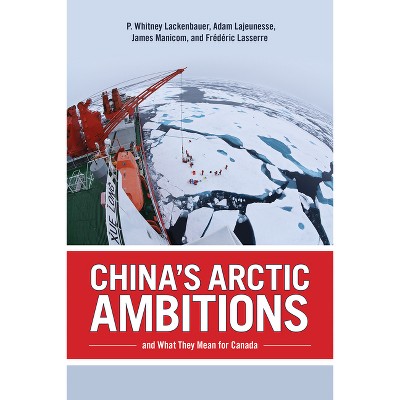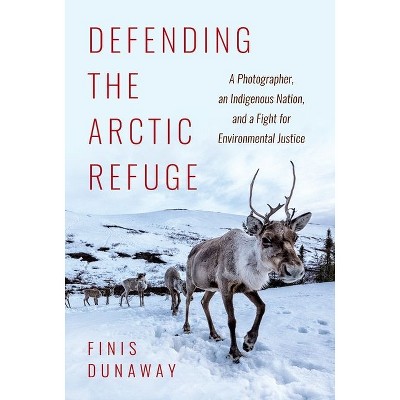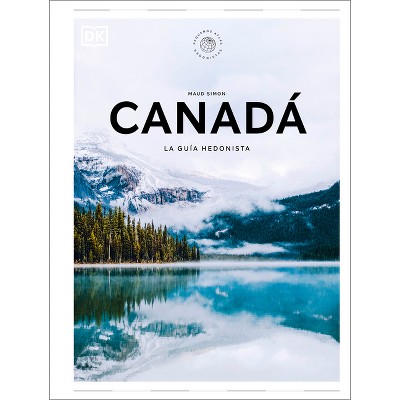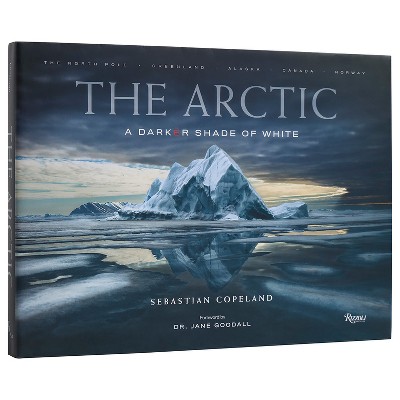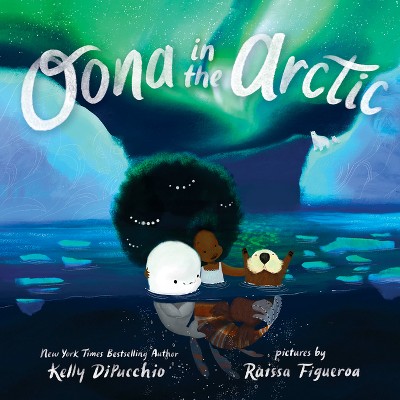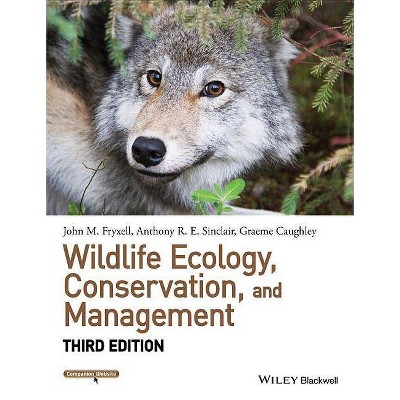Canada and Arctic North America - (Nature and Human Societies) by Graeme Wynn (Hardcover)

About this item
Highlights
- This comprehensive treatment of the environmental history of northern North America offers a compelling account of the complex encounters of people, technology, culture, and ecology that shaped modern-day Canada and Alaska.
- About the Author: Graeme Wynn, PhD, is professor of geography at the University of British Columbia, Vancouver, Canada.
- 528 Pages
- Science, Environmental Science
- Series Name: Nature and Human Societies
Description
About the Book
This comprehensive treatment of the environmental history of northern North America offers a compelling account of the complex encounters of people, technology, culture, and ecology that shaped modern-day Canada and Alaska.
From the arrival of the earliest humans to the very latest scientific controversies, the environmental history of Canada and Arctic North America is dramatic, diverse, and crucial for the very survival of the human race. Packed with key facts and analysis, this expert guide explores the complex interplay between human societies and the environment from the Aleutian Islands to the Grand Banks and from the Great Lakes to the Arctic Islands
How has the challenging environment of America's most northerly regions--with some areas still dominated by native peoples--helped shape politics and trade? What have been the consequences of European contact with this region and its indigenous inhabitants? How did natives and newcomers cope with, and change this vast and forbidding territory? Can a perspective on the past help us in grappling with the conflict between oil exploration and wilderness preservation on the North Slope of Alaska? Part of ABC-CLIO's Nature and Human Societies series, this unique work charts the region's environmental history from prehistory to modern times and is essential reading for students and experts alike.
- Includes 17 maps charting and illuminating the patterns and changes discussed in the text as well as a broad array of photographs drawn from archival and personal collections
- Provides a comprehensive timeline covering significant events from 50,000 BC to early 2006 and a detailed glossary of important people, events, and concepts, from acid rain to whaling
Book Synopsis
This comprehensive treatment of the environmental history of northern North America offers a compelling account of the complex encounters of people, technology, culture, and ecology that shaped modern-day Canada and Alaska.
From the arrival of the earliest humans to the very latest scientific controversies, the environmental history of Canada and Arctic North America is dramatic, diverse, and crucial for the very survival of the human race. Packed with key facts and analysis, this expert guide explores the complex interplay between human societies and the environment from the Aleutian Islands to the Grand Banks and from the Great Lakes to the Arctic Islands How has the challenging environment of America's most northerly regions--with some areas still dominated by native peoples--helped shape politics and trade? What have been the consequences of European contact with this region and its indigenous inhabitants? How did natives and newcomers cope with, and change this vast and forbidding territory? Can a perspective on the past help us in grappling with the conflict between oil exploration and wilderness preservation on the North Slope of Alaska? Part of ABC-CLIO's Nature and Human Societies series, this unique work charts the region's environmental history from prehistory to modern times and is essential reading for students and experts alike.Review Quotes
"With all the attention focused on environmental issues and the decline of Arctic conditions, a book like Canada and Arctic North America: An Environmental History proves an essential 'must' for any college-level or specialty collection focusing on Northern Hemisphere environmental conditions, politics, and science." --Midwest Book Review
"This work is recommended for environmental and geography collections in academic and large public library collections." --ARBA "It would be useful in any environmental or Canadian history course, and anyone interested in studying technological developments would find an abundance of useful and insightful information." --Technology & Culture "It is a landmark in Canadian environmental history and an important new work generally. With its materialist focus, it will be of great interest and use to labor and business historians as well as their environmentally focused colleagues." --H-Net Book ReviewAbout the Author
Graeme Wynn, PhD, is professor of geography at the University of British Columbia, Vancouver, Canada. He has published widely on the historical geographies and environmental histories of Canada and New Zealand. His published works include Timber Colony and he is coauthor of A Scholar's Guide to Geographical Writing on the American and Canadian Past.





